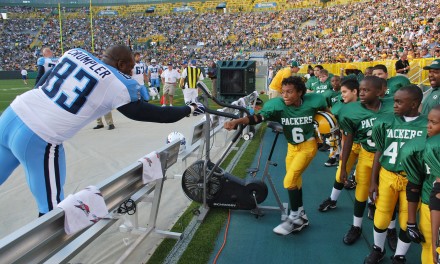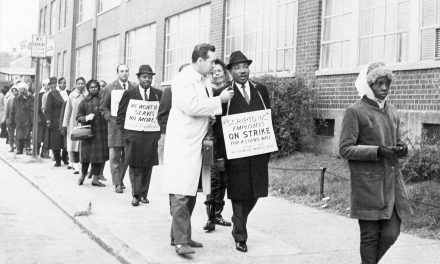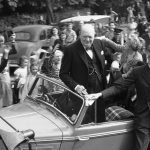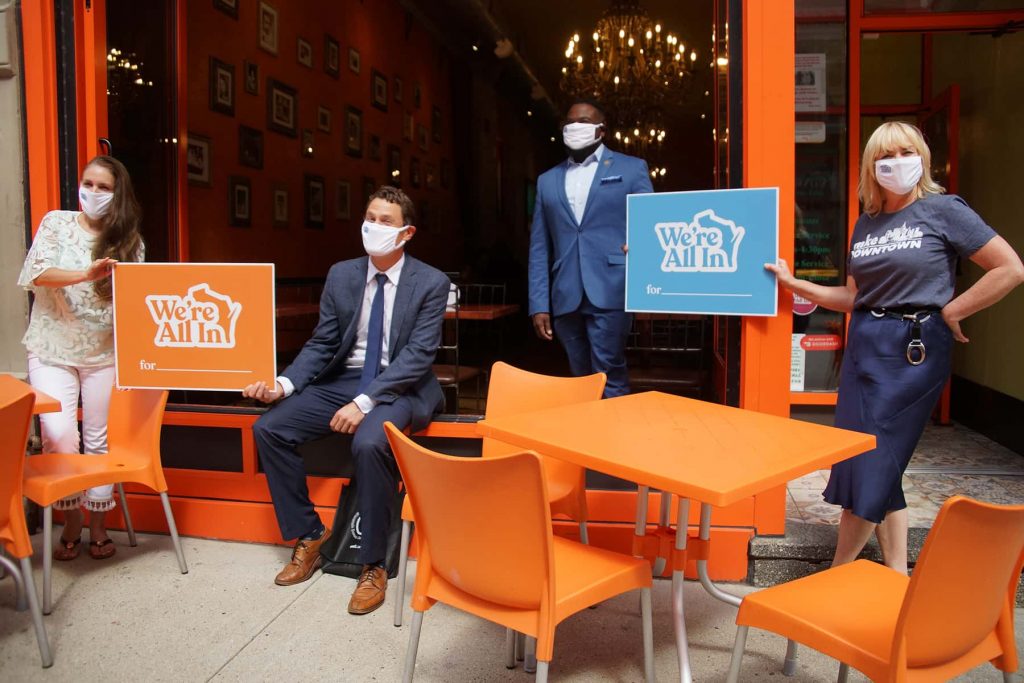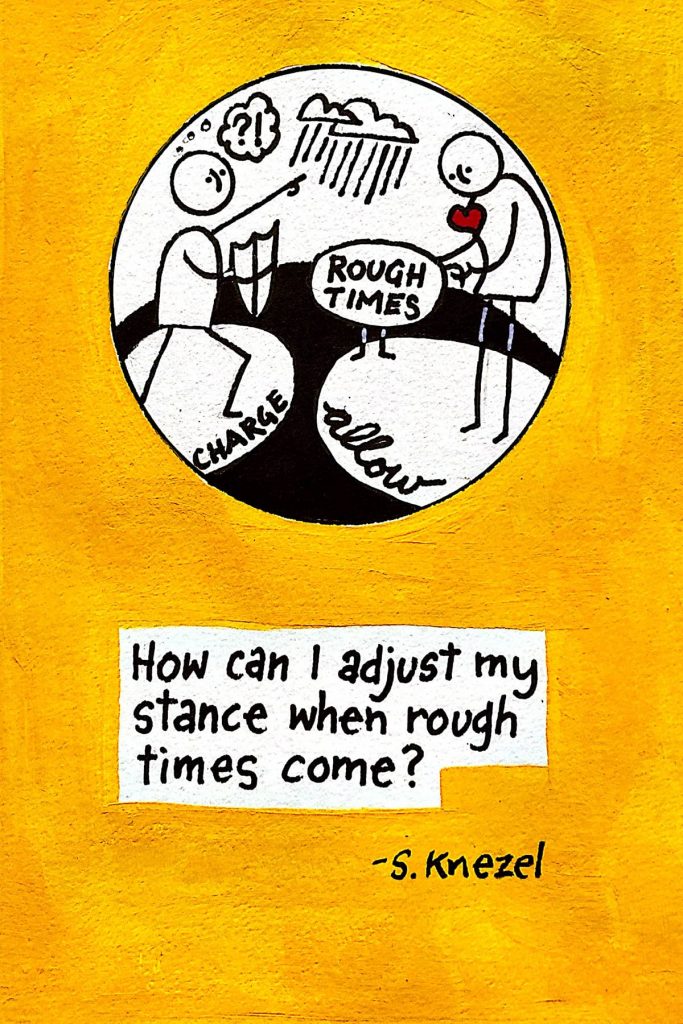Q&A
Q: Who has had the most influence on you as a leader?
A: My father, Alfred J. Walton; he’s deceased now. I never realized how important the role of a father was until I started doing this work. I was fortunate enough to have a father who loved me and who was always there for me. I took it for granted that that was just the norm – that all people had their fathers in their life. It wasn’t until later on, where I started to see so many voids in other individuals who didn’t have fathers, that I understood where my strength and inspiration came from.
Q: What hardships led you to do this kind of work?
A: When I first had my children, I didn’t realize the ups and downs that come with relationships and being a father. The mother of my children had left and taken our children with her. It was something I never expected to happen. That was probably one of the darkest moments in my life, not knowing where my 3-year-old or my 4-year-old was. I had the opportunity to come to this organization because of my own personal issues.
Q: Has that made you better at what you do today?
A: I learned, in my time of darkness, that there were hundreds and thousands of men who were experiencing the same thing. That gave me a lot of comfort. A lot of times when you’re going through something you just think it’s all about you. When I started to learn from other men and listen to their stories, I realized some of their stories were way worse than what I was going through. It motivated me to correct my situation and stay consistent and diligent in seeing it through. That experience I was having in my darkness and depression prepared me to be a leader, and help other men not go through those same challenges. I said, “I have to turn this pain into something that is productive.” That’s where I made my commitment to working with fathers.
Q: What would you say is the biggest challenge you face today?
A: Myself. I think that it’s easy for us to look outside of ourselves and point our finger at external things that are happening. It’s hard to be able to identify where you need to grow within yourself — put yourself into a place where you’re not complaining or blaming. You need to constantly take action and responsibility, grow and become more aware and in tune. We have to challenge ourselves to constantly stick to these things because of how severe the issues are in the community. For me, it’s important to make sure that I am nurturing myself.
Q: What is your favorite part of working with the Milwaukee Fatherhood Initiative?
A: We just had our 11th annual Fatherhood Summit. We helped over 1,000 men in some capacity to better their lives or help them eliminate barriers so they can become stronger men for their families. I have been fortunate enough to be able to always be successful at things I put my focus to. I’m motivated by my consistency at doing a good job at things that I focus on, and in particular, being a servant to people. I have never lost my desire to trust and care for people. I’m still able to give and know the joy that comes from that.
Q: What advice would you give to whomever takes your place some day?
A: I would tell them to know themselves. Know your shortcomings and be honest about them. Don’t approach people in a manner in which you’re better than them or above them, but align yourself with them. When you’re working with fathers, you can grow with them. I would also say that good character, integrity, humility and other traits that have to do with healing are very important. Anybody who would come into this position would need to embody those traits. They would need to understand that we have a community that needs to be healed, and in order to accomplish that you need to come from a very sincere and genuine place.
Tim Haggerty

